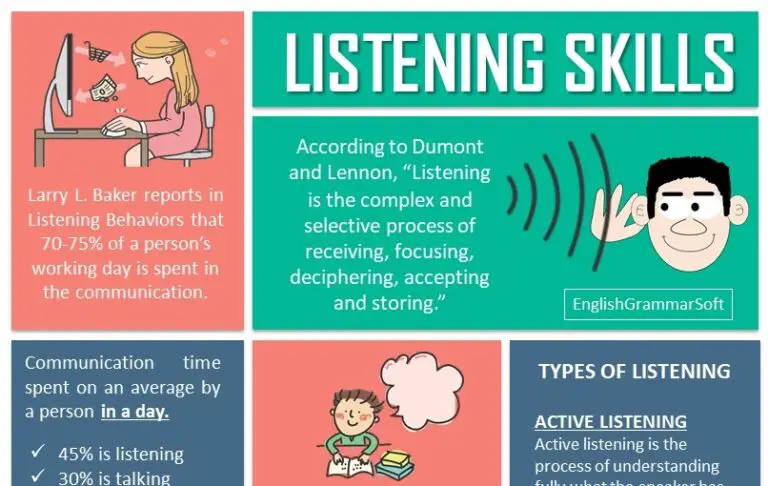
Having patience to let the caller express themselves is paramount, so never interrupt them, even if they interrupt you by letting them set the pace. This is where some insights from skill number three can come into play from the very first words from the caller. The agent can do this by letting them set the pace of the conversation. Let callers set the pace, and don’t interruptĪll active listening skills for call center agents focus on making the caller feel heard. These indicators of emotional intent can mean any dialog that just prolongs a “necessary evil” activity they want to finish quickly will only frustrate them. This starts with understanding how agent behaviors can increase caller frustrations.Ĭlipped speech or a flat tone can indicate that the caller is impatient and on guard against any conversation that they deem unproductive. The agent can then either match their tone when they are upbeat and conversational or provide empathy when the caller is frustrated or angry by letting them know they hear their frustrations. Listen in an emotionally intelligent wayĪnother important customer service active listening exercise is to train yourself to listen in an emotionally intelligent way by carefully listening to the tone of the caller’s voice. The impression and feelings of positive or negative customer experiences can have far-reaching consequences for brand loyalty and image across social media and marketing channels.

The agent must do this before it goes off the rails in ways that make it difficult, if not impossible, for fast, first call resolution.

This enables the agent to get the conversation and the caller back on track. Non-verbal signals like the pace and volume of the caller’s breathing or pauses in speech.Speaking faster, or incrementally louder.This empathetic listening approach to active listening enables the agent to be more aware of the caller’s mood, tone, and use of language.ĭoing this enables the agent to gauge the direction of the conversation and be aware of escalating frustrations through signs such as: The goal is to suspend any internal dialog to be more grounded and present in the conversation. One of the hardest parts of active listening on the phone is the ability to stay focused on the caller in the moment instead of focusing on your response. Stay in the moment, and listen only to the caller By committing these five key active listening skills for call center agents, it’s possible to improve each encounter and sharpen your natural emotional intelligence skills.

#ACTIVE LISTENING SKILLS TRAINING EXERCISES HOW TO#
That’s all par for the course on a typical day where they are engaging 50 or more customers.īuilding and strengthening those active listening skills takes practice and an understanding of what they are and how to apply them. This is because stress, fatigue, and distractions are constantly wearing away at the agent’s emotional intelligence. They can strengthen brand loyalty one customer at a time, driving bottom- and top-line business growth.īuilding trust through active listening is a skill that is challenging to master and challenging to maintain throughout every call and encounter. The benefits of active listening in customer service have far-reaching impacts.

Active listening skills for call center agents are the foundation of their ability to reach first call resolution goals and improved agent/customer experiences.


 0 kommentar(er)
0 kommentar(er)
